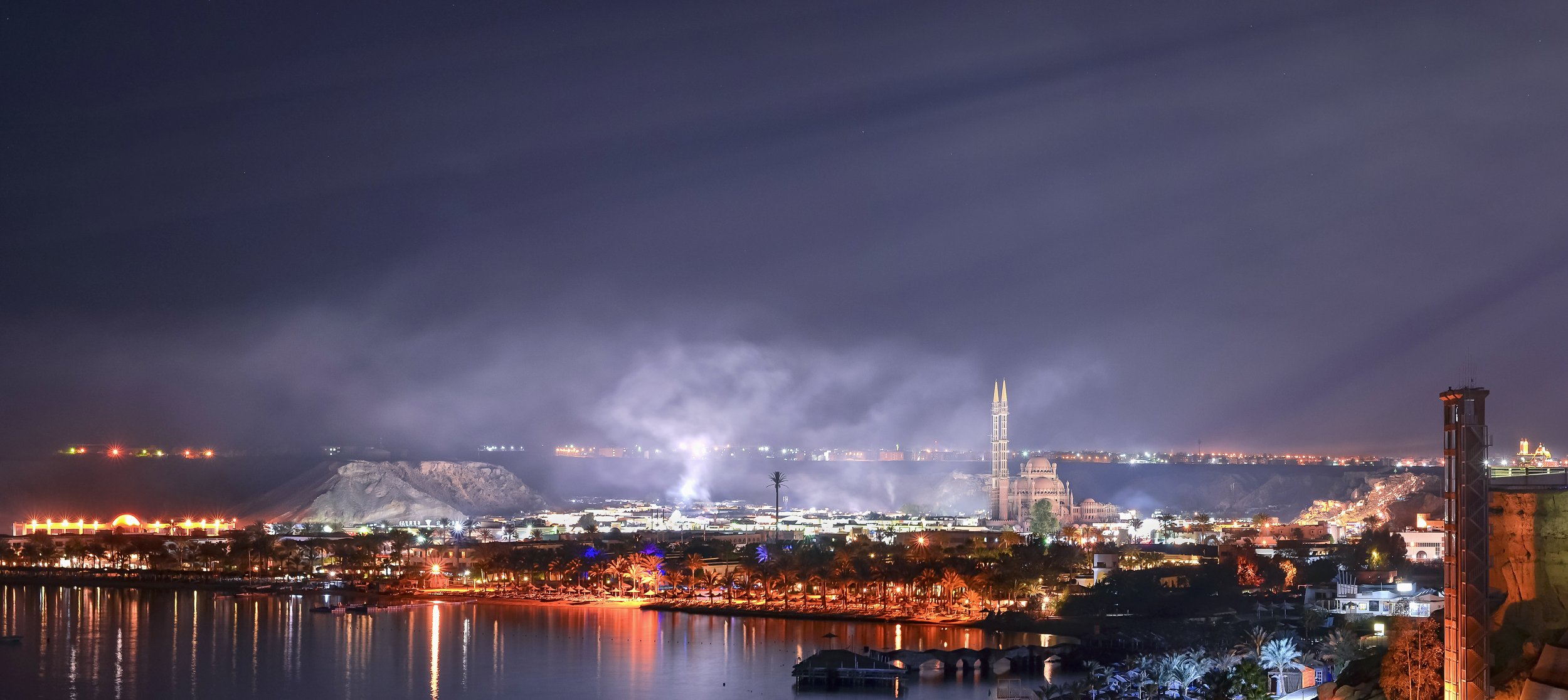
UN and Climate Change
Marine Research Plymouth Alliance organisations informing national and international policy on climate change
The ocean has greatly slowed the rate of climate change. But at a cost. The ocean has warmed, acidified and lost oxygen, whilst circulation patterns are changing, and sea levels are rising.
Our experts have been studying climate change, its impacts on marine ecosystems and society for decades with our research used to inform national and international policy decisions needed to adapt and mitigate for climate change as well as working to develop technologies and novel applications in support of addressing the climate crises.
They attend and feed into the UN Climate Change meetings highlighting the ocean-climate-biodiversity nexus and contributing to its inclusion in the United Nations Framework Convention on Climate Change process.
Several of our scientists play key roles in the assessment reports of the Intergovernmental Panel on Climate Change (IPCC), the UN body assessing the science related to climate change. The IPCC reports are key to international climate change negotiations and provide governments around the world and at all levels with scientific information that they can use to develop climate policies.
Long-term observations of the marine environment are imperative to enable us to see how the marine environment is changing and to provide a baseline for projections of how it may change into the future. Plymouth experts manage the Western Channel Observatory, an integrated long-term monitoring approach where pelagic, benthic and atmospheric time series data are combined with satellite observations and computer modelling. This includes some of the longest time-series in the world for zooplankton and phytoplankton, fish trawls for over a century and a hydrographic series dating from 1903. Marine biology has been actively pioneered and undertaken in Plymouth since 1884.
Plymouth’s participation at the UN Climate Change Conference, COP27
A delegation of experts from Plymouth attended COP27 in Egypt, underlining our commitment to tackling Climate Change and protecting our marine environment.

